Faith and free food
Houses of worship have always opened their door to serve people hot meals in Vancouver
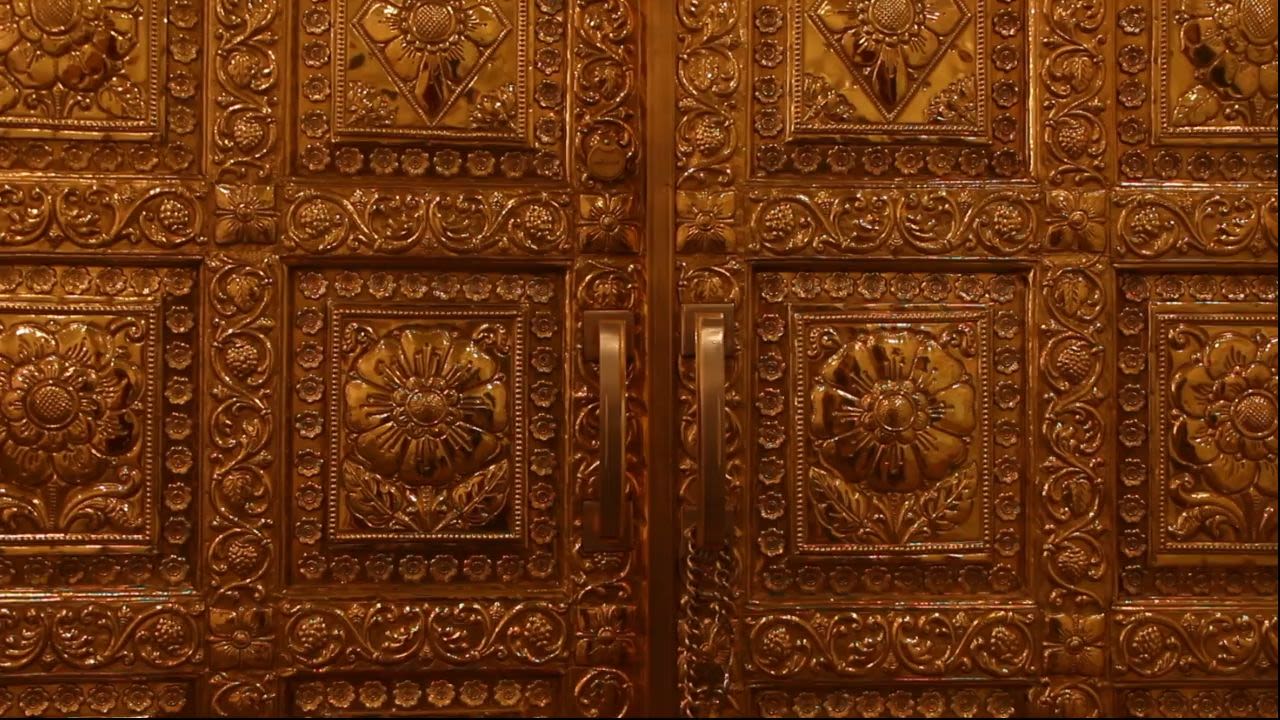
Sharing food is a fundamental part of many faiths. In the Qur’an, for example, those who feed the needy are described as those who will be among the “companions of the right” and will inherit paradise. In the Bible, Christians are urged to share food as is written in the book of Luke: “He who has two coats, let him share with him who has none; and he who has food let him do likewise.” A famous Hindu proverb reads: “May the person who donated food remain happy forever.” The Buddha said “hunger is the worst kind of illness,” and that “if people knew the results of giving, they wouldn’t eat without having shared their meal with others.”
Based on these principles, faith-based organizations in Vancouver have historically contributed to humanitarian aid, many of them with a focus on alleviating hunger and promoting food security.
Round-the-clock meal at Canada's oldest Sikh Society Gurudwara
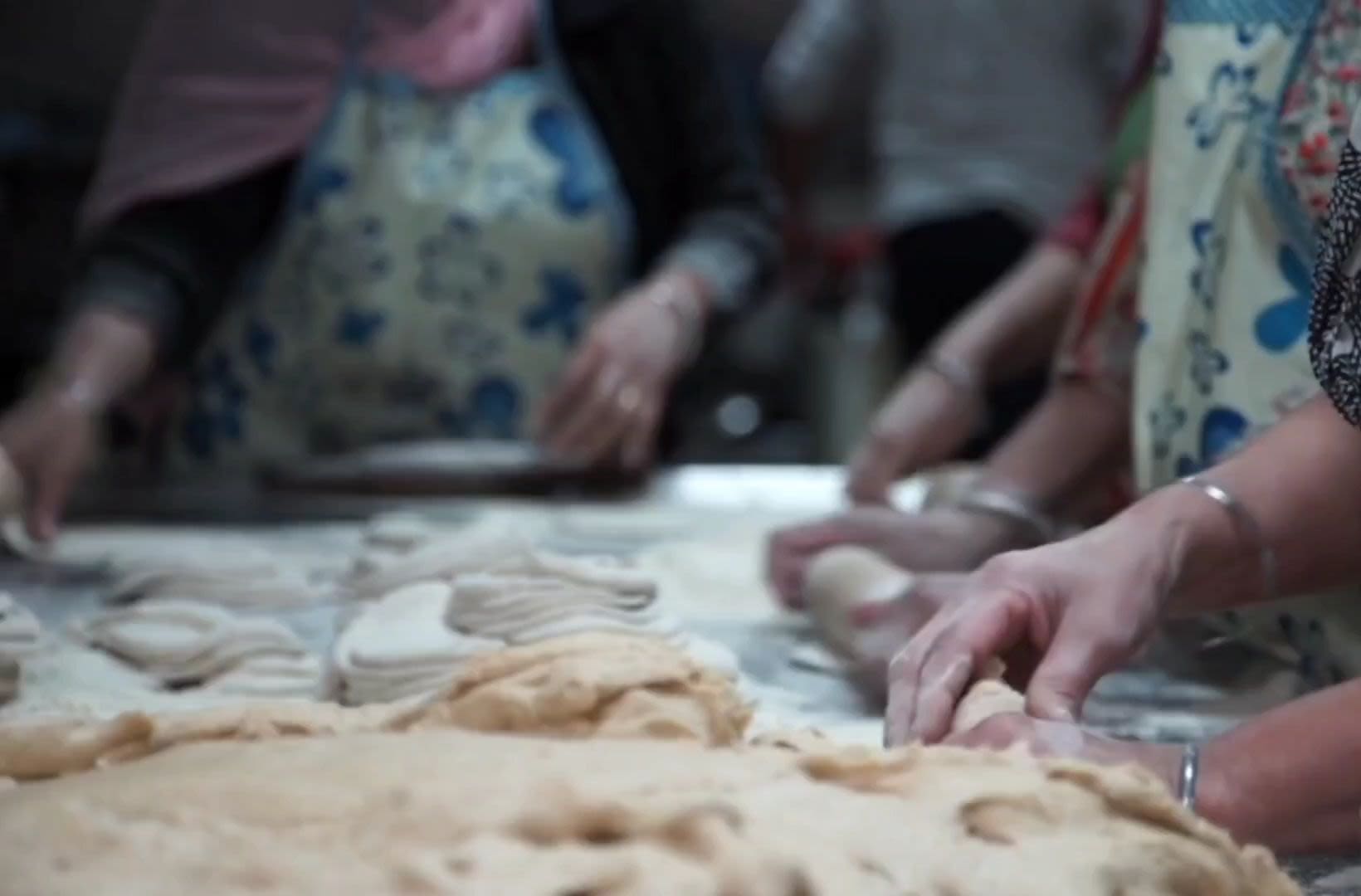
Harvindar Kaur doesn't mind cleaning up the dirty dishes in the large kitchen of a Vancouver gurudwara.
“I want to do more work,” Kaur, who is approaching 70, says with a smile.
A few feet behind, Daljit Puri is drying dishes with a hand towel. The 37-year-old construction worker, who has a bandana wrapped around his head, says that this type of work makes his “heart happy.”
The two individuals are just some of the devout Sikhs who volunteer their time at the Khalsa Diwan Society's (KDS) “langar,” or free kitchen, located in the Ross Street neighborhood of Vancouver. They assist in the preparation of thousands of free meals a week at the Sikh temple, or "gurudwara," where food is served almost around the clock.
KDS is a big organization and one of the oldest Sikh institutions (established January 1908) in North America but no matter how large or small, every gurudwara in the world has facilities to distribute free meals to the community. It is considered to be an honor to help cook and serve food to anyone that enters the langar.
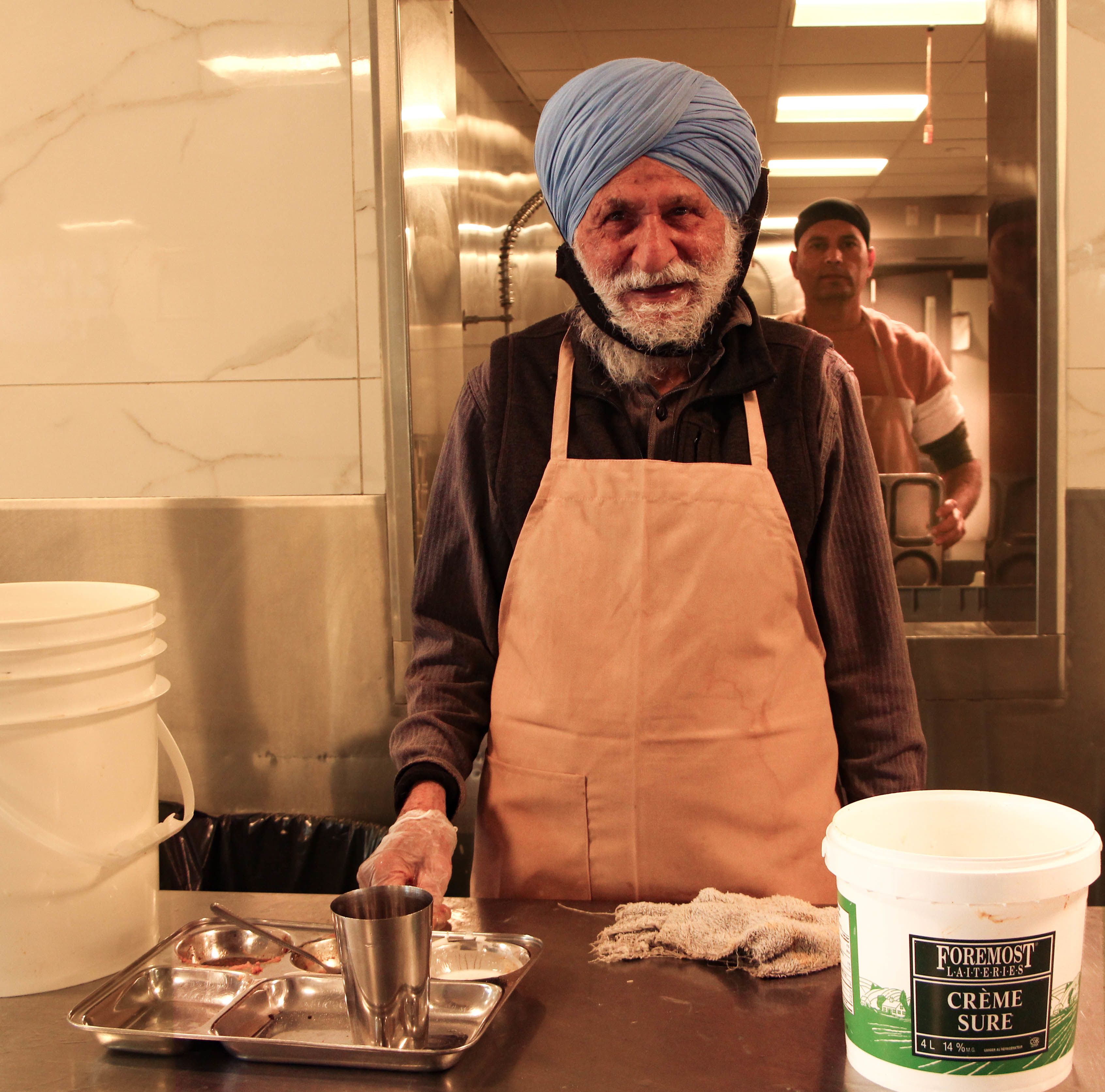
At the Khalsa Diwan Society — a sprawling complex in a city that is home to one of the largest population of Sikhs outside of India — Indian lentils, flatbreads, rice, and colorful curries (all vegetarian) are served from gigantic pots onto individual trays. Attendees sit side-by-side on the floor or tables and eat with their hands.
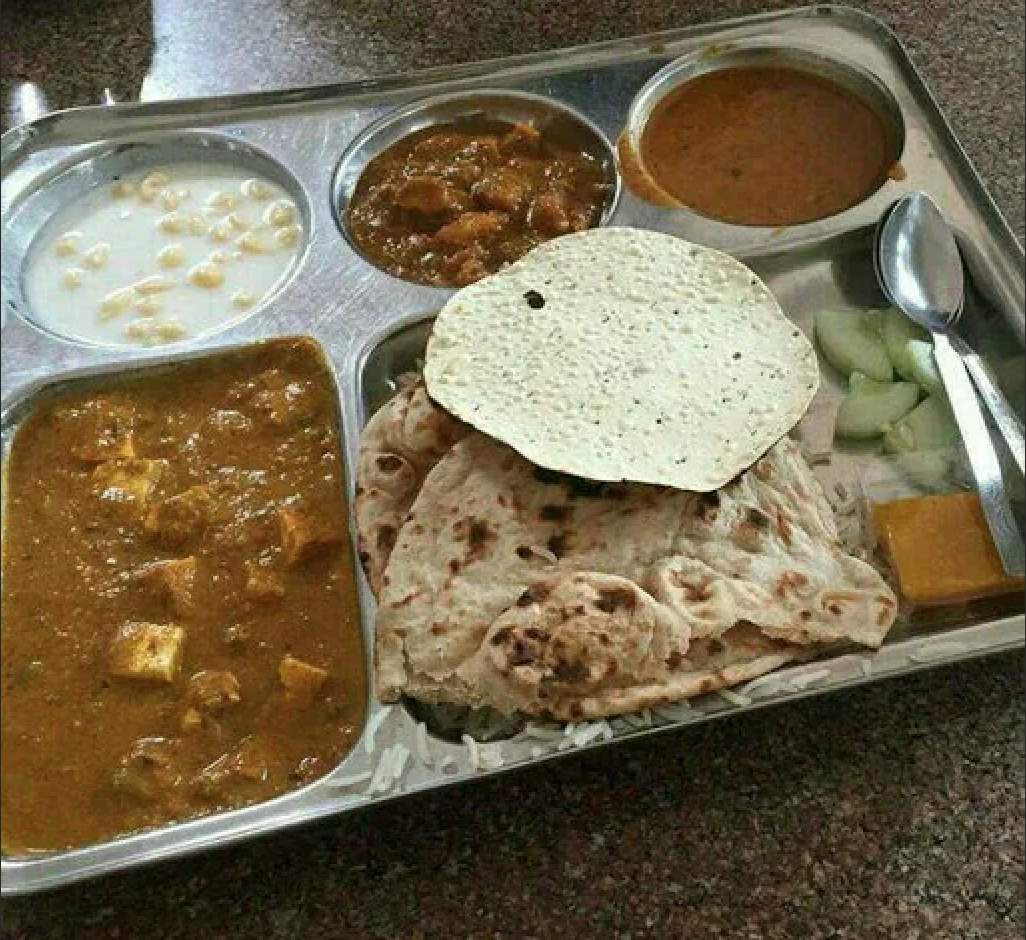
The entrance to the Sikh Gurudwara bars none so long as visitors' heads are covered and their feet are bare. The temple in Vancouver also serves roughly 600-800 on weekdays and about 2,000 hearty vegetarian meals during weekends, all free of charge.
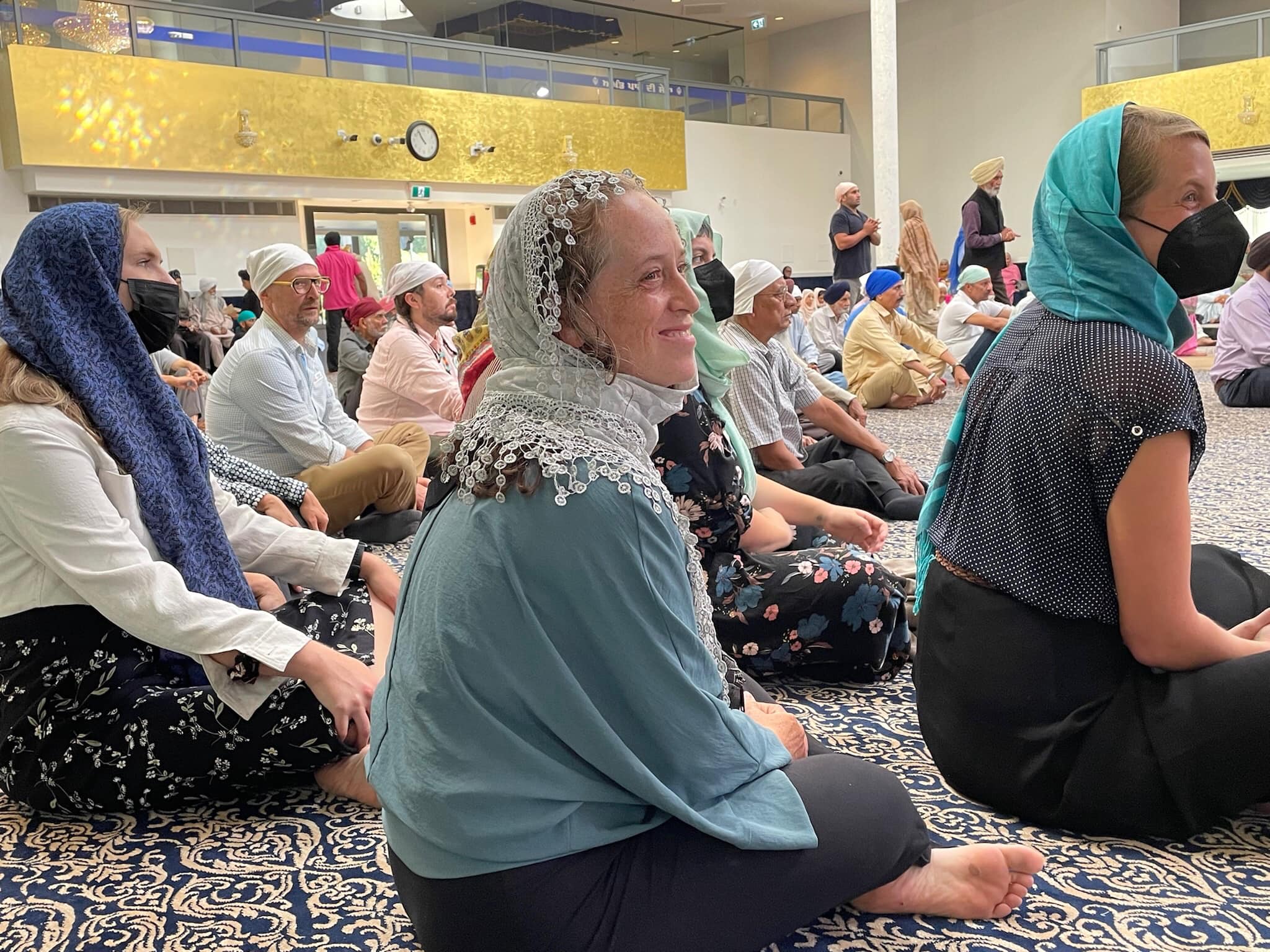
Langar is about more than just eating free Indian food: the tradition of the community meal is as old as the Sikh religion itself--a religion that originated in the Punjab region of present-day India and Pakistan.
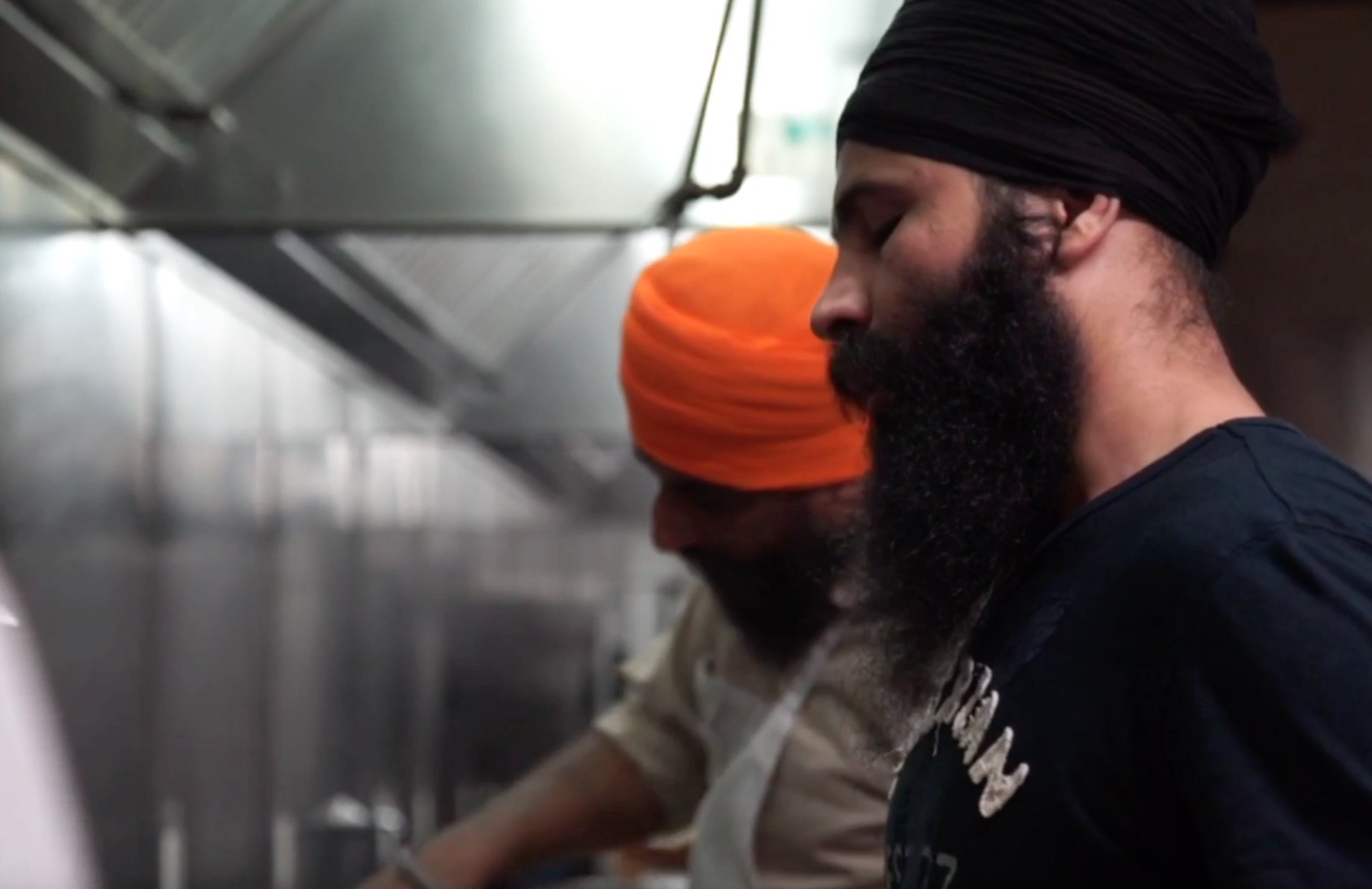
As the story goes, a young man was given 20 rupees by his father with the expectation that the son would use it to turn a profit. Instead, he used the money to feed hungry people he met, proclaiming that there was no venture more profitable than feeding his fellow man and engaging in selfless service.
The man’s name was Guru Nanak, the founder of the Sikh religion, which is now the world's fifth largest religion. His unselfish act is considered the first langar meal in the Sikh tradition.
Muslim Food Bank aims to address food insecurity
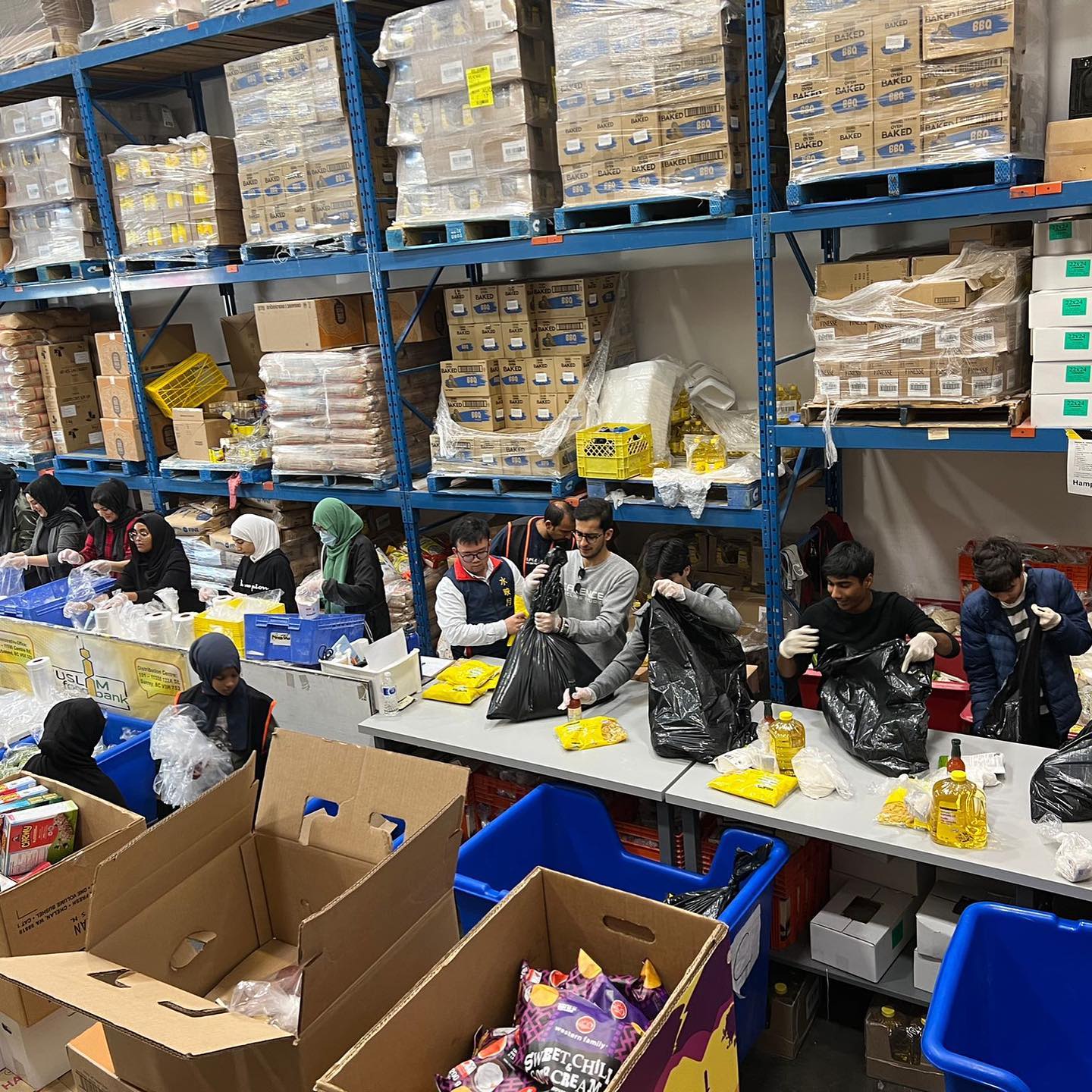
The Muslim Food Bank was established in 2010 to help provide for the dietary restrictions that local food banks were missing. Halal, kosher and vegan foods were just not available for those people who were in need. Families were forced to choose between their faith and the food on their table. After trying to work with the local food bank, folks at the MFB realized that the best way to provide for families in need was to start their own organization.
Azim Dahya, Muslim Food Bank's CEO, says in the past year, they've seen an increase of 500 to 1,000 visits monthly, including visits from refugees.
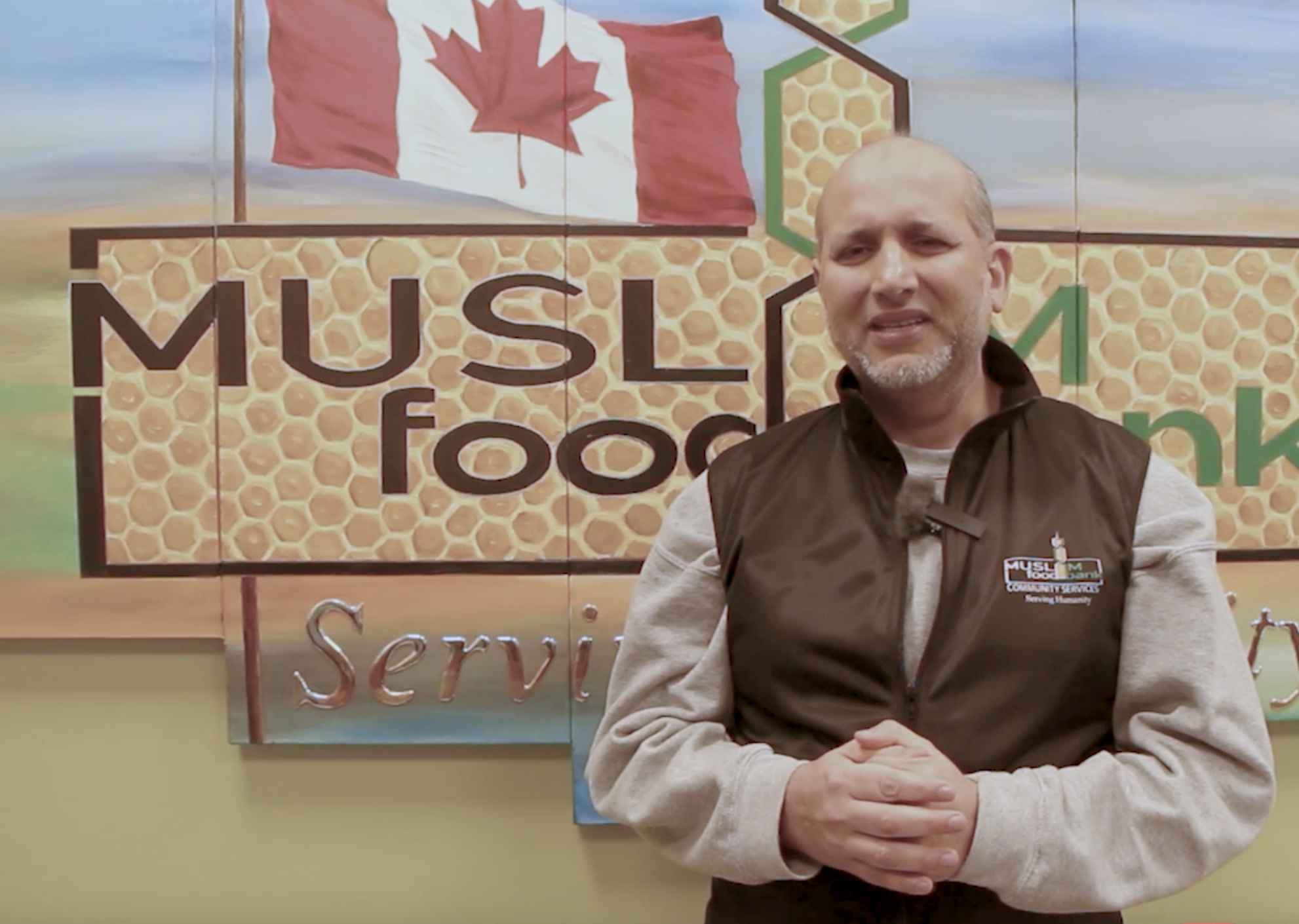
He says providing them with culturally appropriate food helps them integrate into Canada.
"It allows them to be taken care of from a food-insecurity perspective," he says.
"So when they come here, they feel welcomed, they feel at home."
Twice every month, the organization holds food hamper distributions from their warehouse at 12941 115 Avenue, Surrey.
MFB's vision expands beyond just feeding the hungry. The organization has a team of ASPIRE caseworkers to help immigrant and local families with their day-to-day difficulties.
"Our volunteers provide support to families that come from war-torn countries, abusive relationships, have mental health challenges, unemployment, and even guidance on how to navigate government services," says Dahya.
Every year, the food bank provides more than 11,000 food hampers and 20,000 healthy meals.

The food hampers are diligently packed by the organization's team of volunteers and generously donated by the fellow community members.
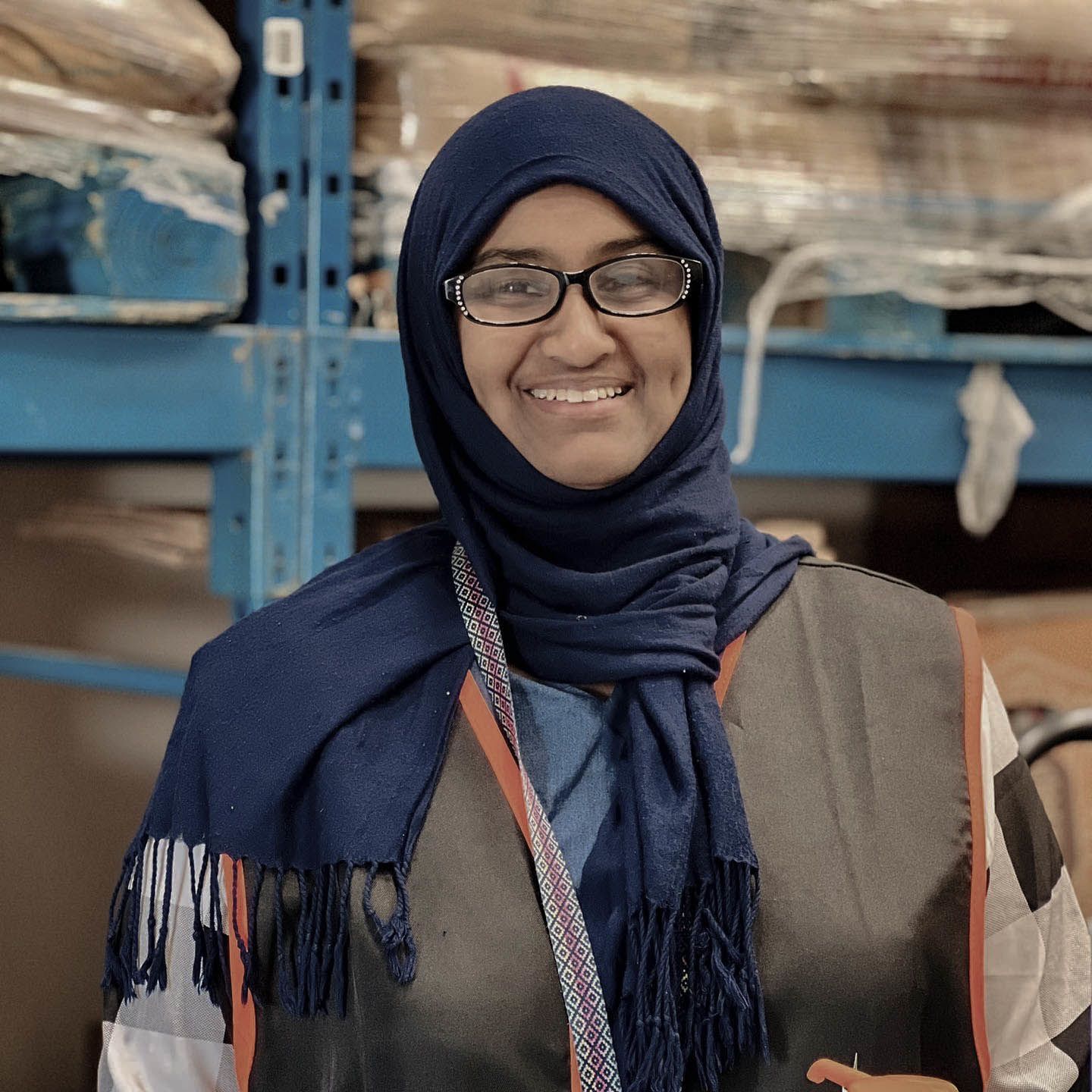
Sunday prayer and a spicy meal
The tradition of the Shree Mahalaxmi Hindu Temple
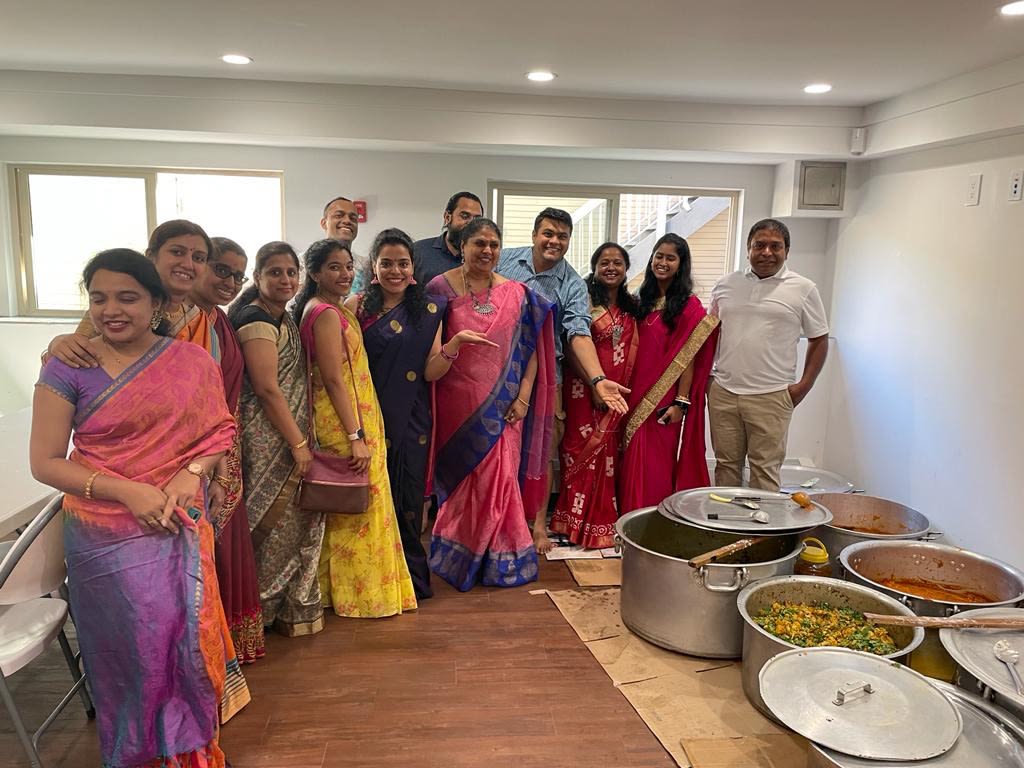
For the past 21 years, the congregation of Shree Mahalakshmi temple has been serving a free lunch that’s open to the public.
“Earlier there were only the temple members who came,” says Pandit Prameya Chaitanya, the temple priest and one of the founders, “but as of late, in the last…six, eight, or 10 [years], a lot of Caucasians [have] started to come. It’s nice that they enjoy the food.”
Coordinating food procurement and preparation, in addition to serving the lunch is no small feat, but Prameya notes that those who volunteer are pleased to do so.
“Giving is very important in Hinduism; we believe that from morning to evening you’re supposed to do at least five kinds of charity,” he says. “ Of these five charities, the best is charity in the form of food. Out of everything else that you could give, for example money, it never satisfies a person to their limit. But with food, you have satisfied the person completely, so that’s the concept.”
Every Sunday, the basement halls below the shrine at the Shree Mahalaxmi beam with activities as volunteers mainly consisting of devout Hindus, and students work towards preparing the offering, or prasadas.
The food is spicy, teases Pandit Prameya, but it's worth every bite.
Before the pandemic, there used to be long lines of people waiting to get their share of the prasadas but the pandemic put a stopper in the daily operations.
Temple volunteers will heap your plate with rice, dal, homemade curries, chutney, yogurt and bread, and there’s usually a sweet as well. The line-up typically starts forming around 1:30 pm, and lunch is served promptly at two. The meal is free, but donations are accepted. And as long as the food lasts, you’re welcome to seconds.
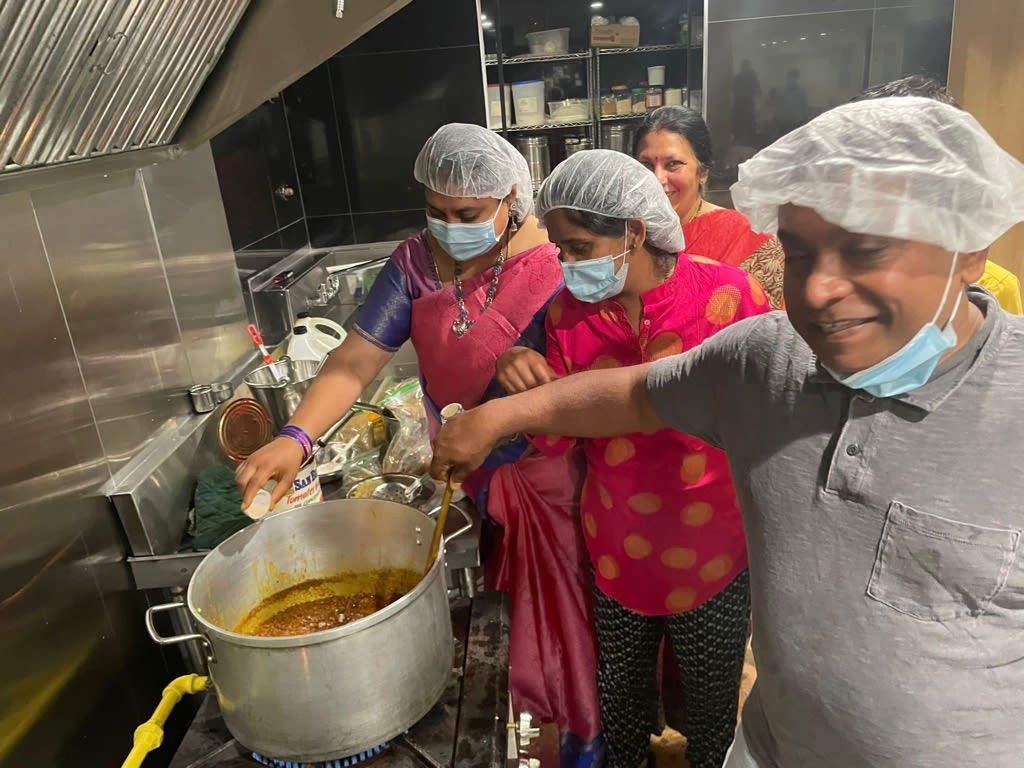
No matter what one’s economic situation or religious bent, the spirit of giving is alive and well year-round in Vancouver.

